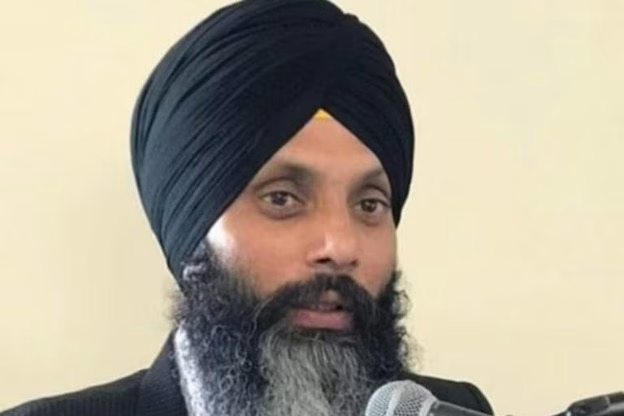Secretly, earlier this year, David Vigneault, Canada’s senior intelligence official, traveled to India twice for two covert meetings to discuss the high-profile case of Khalistani terrorist Hardeep Singh Nijjar’s murder. The secret travels, which occurred in February and March of 2024, were made public just before the revelation of the four Indian nationals who had been arrested and charged with the murder. PTI claimed that people acquainted with the situation had corroborated this fact.
Canadian Security Intelligence Service (CSIS) Director David Vigneault met with Indian authorities to discuss the conclusions of Ottawa’s Nijjar murder probe. The probe was prompted by the audacious claims made by Canadian Prime Minister Justin Trudeau in September 2023, which alluded to possible Indian complicity in Nijjar’s death. New Delhi quickly brushed these charges off as “absurd”.
While acknowledging Vigneault’s trips to India, a top government official from Canada withheld details. “We can confirm that the Director of CSIS, David Vigneault, has travelled to India, but we do not comment on the nature or substance of closed-door meetings,” the official stated to PTI.
Regarding Vigneault’s travels, the Indian government has not commented, choosing instead to stay mute about the intelligence talks. It was pointed out, nonetheless, that Vigneault’s operations were a part of larger initiatives to deal with the delicate and growing problem of Nijjar’s death.
On June 18, 2023, Hardeep Singh Nijjar—who India had designated as a terrorist—was shot and killed outside a gurdwara in Surrey, British Columbia. The murder investigation has been headed by the Royal Canadian Mounted Police (RCMP). Four Indian citizens, Karanpreet Singh (28), Kamalpreet Singh (22), Karan Brar (22), and Amandeep Singh, were detained in connection with the crime, according to a May 2024 announcement from the Canadian government.
According to sources, more Canadian officials traveled to India to talk about different aspects of the Nijjar case, emphasizing the investigation’s global scope and the case’s complexity.
Tensions between Canada and India have increased as a result of the Nijjar case, especially in relation to how each nation treats Khalistani components. The Canadian government’s special parliamentary study, which ranked India as the second-biggest danger to its democracy behind China, brought this conflict even more to light.
India has urged Ottawa to protect its diplomats from threats from Khalistani organizations in the midst of these escalating hostilities. Due to the diplomatic strain, India made a major demand in October 2023: a decrease in Canada’s diplomatic staff. There was a notable decline in diplomatic relations as a result, with 41 Canadian diplomats and their families being removed from India.
Both countries are sticking to their positions while the inquiry into Nijjar’s death goes on. Canada highlights the significance of truth and accountability while reiterating its commitment to an impartial inquiry headed by the RCMP. As for India, it continues to firmly deny any role in Nijjar’s killing and stands by its previous claims in opposition to Prime Minister Trudeau’s charges.














